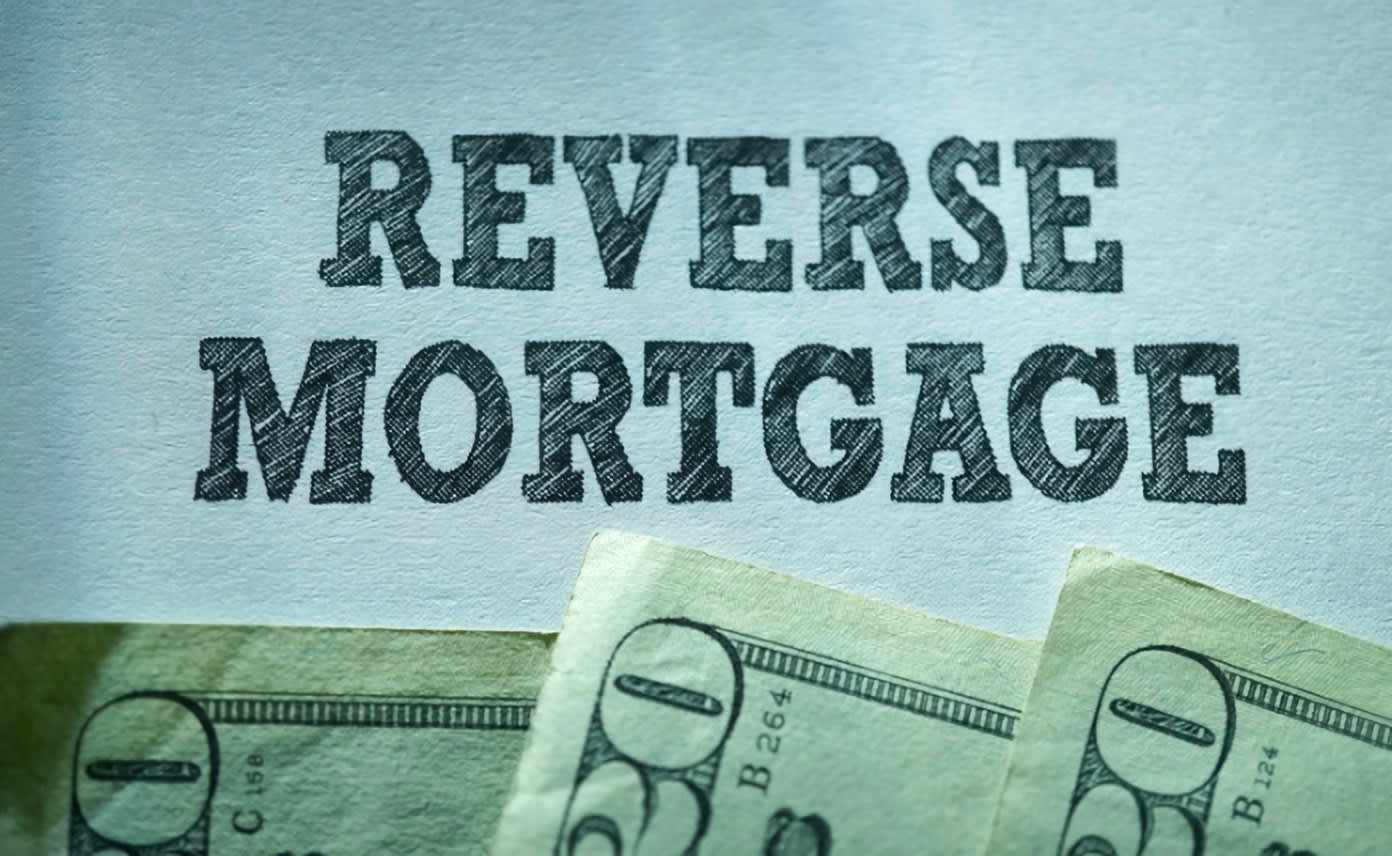As senior citizens approach retirement, many grapple with their finances. Despite years of savings, sometimes, there’s still a looming question “Do I have enough?” While some older adults are sitting on substantial equity in their homes, they might be cash-poor. This is where a reverse mortgage comes into play, offering a solution that can turn their most significant asset, their home, into a steady stream of income.
Let’s dive deep into understanding reverse mortgages and determine whether it’s the right choice for you or your loved ones.
Reverse Mortgage Explained: The Key Points
- Definition: A reverse mortgage is a loan for seniors aged 62 and older. It allows homeowners to convert a part of their home equity into cash, without needing to sell the house or pay additional monthly bills.
- Payments: Unlike a standard mortgage, with a reverse mortgage, the homeowner receives payments. This can be as a lump sum, monthly installments, or a line of credit.
- Obligations: Borrowers are still responsible for property taxes, homeowner’s insurance, and home maintenance.
- Loan Repayment: The loan is repaid when the homeowner sells the house, moves out permanently, or passes away.
Taking Advantage of a Reverse Mortgage

- No Monthly Payments: Since it’s the reverse of a typical mortgage, you won’t have any monthly payments. Instead, you get paid!
- Financial Freedom: Use the funds to pay off debts, manage healthcare expenses, or even travel.
- Stay in Your Home: You continue to live in and own your home.
- Non-Taxable Income: The money you receive is a loan, hence it’s tax-free.
- Federally Insured: The most common reverse mortgage, the Home Equity Conversion Mortgage (HECM), is federally insured, providing an added layer of security.
When Is a Reverse Mortgage Recommended & When It’s Not: Pros vs. Cons
Pros
- Liquidity Boost: It can turn a non-liquid asset (home) into cash.
- No Restrictions: You can use the funds however you see fit.
- Flexible Payment Options: Choose between a lump sum, monthly payments, or line of credit.
Cons
- Fees and Interest: Like all loans, reverse mortgages come with fees and interest, which can be higher than traditional loans.
- May Affect Benefits: The funds might impact your eligibility for Medicaid or Supplemental Social Security Income.
- Equity Reduction: Over time, as you receive payments, the equity in your home decreases, potentially leaving less for your heirs.

It allows homeowners to convert a part of their home equity into cash, without needing to sell the house or pay additional monthly bills.
Conclusion: Is a Reverse Mortgage Your Path to Financial Peace?
Life’s golden years should be just that golden. They should be about relaxation, comfort, and enjoying the fruits of years of labor. If you find that your current financial situation doesn’t reflect that vision, a reverse mortgage might be the answer. It’s a tool that could offer you the financial boost you need, allowing you to lead a comfortable life without the constant worry of expenses.
However, like all financial decisions, it’s essential to tread with caution and thorough understanding. A reverse mortgage is a significant decision and might not be suitable for everyone.
Are you curious if this could be the right path for you?
Let us help. By contacting us, you’re taking the first step towards an informed decision. Let’s explore together how a reverse mortgage might fit into your financial landscape, ensuring that you can face the everyday costs of living with confidence and peace. Remember, knowledge is power, and we’re here to empower you. Don’t hesitate to reach out today




